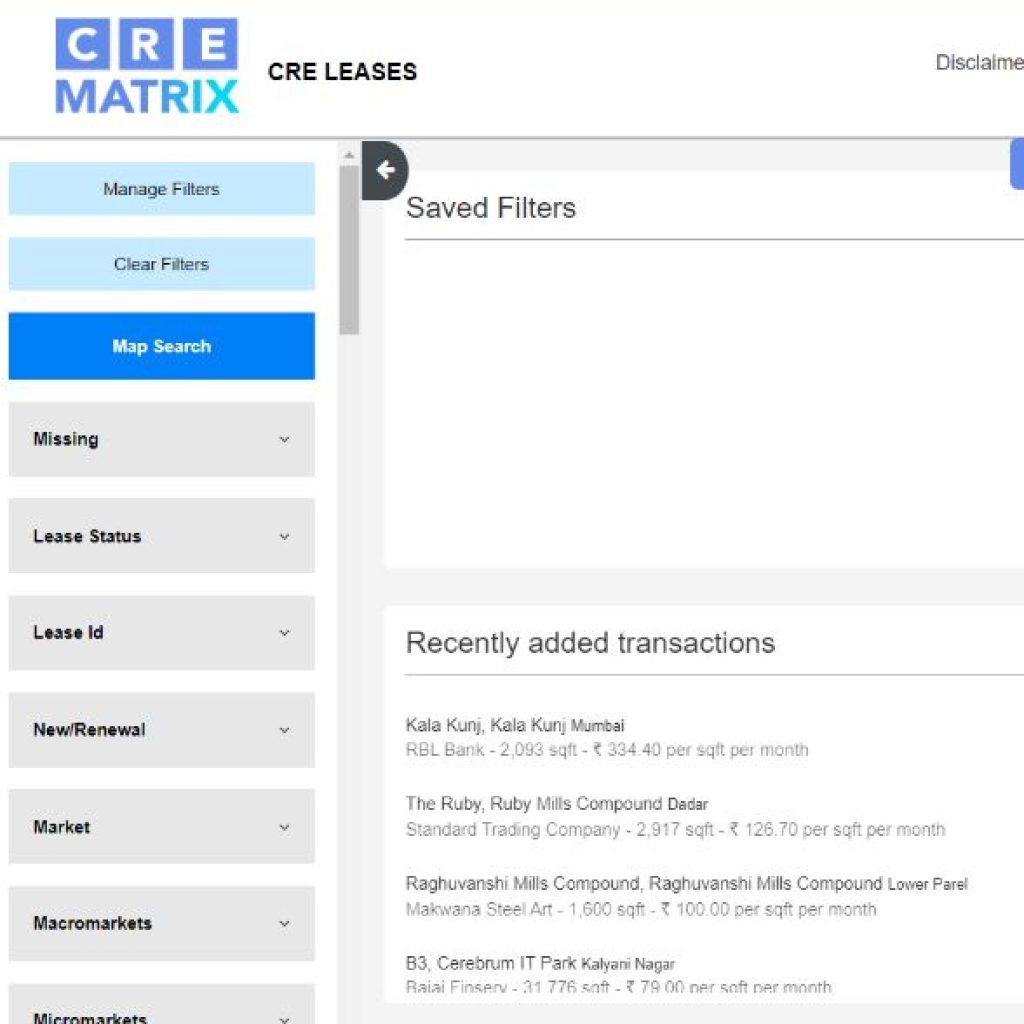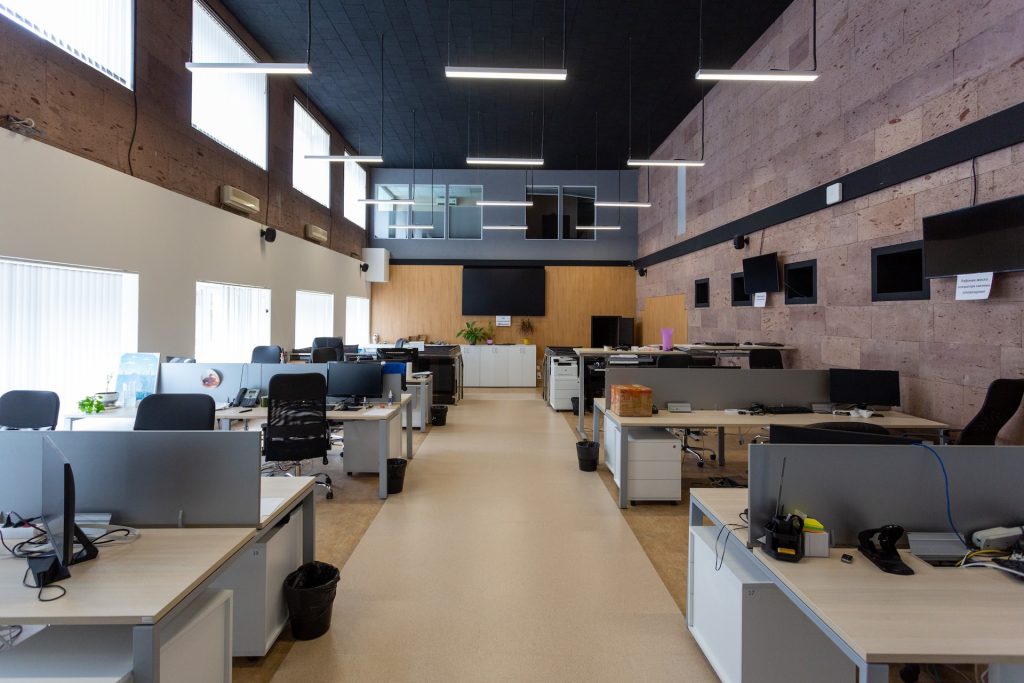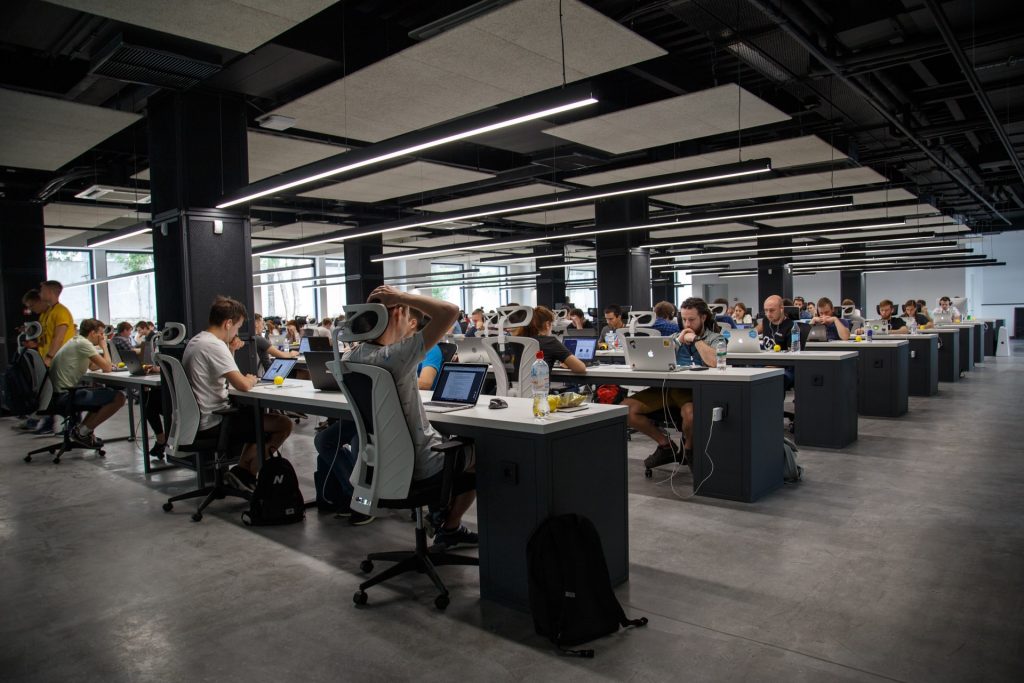When leasing a commercial property, the tenant is required to pay a specific amount of money upfront before moving into the space. But many are not fully aware of the facts connected to it such as how much money has to be paid as a security deposit and what vital elements that need to be included in the security deposit clause of the lease agreement. Once you’re aware of these pointers, you can go ahead and sign the lease.
What is Security Deposit?
Security deposit in India is a significant amount paid by the tenant to the landlord at the time of moving into the leased property. It is held all through the tenure of the lease and paid back once the lease is over. This money is important for the landlord as the amount is kept aside for unforeseen conditions that may come up during the tenancy. For example, if the tenant does not adhere to the contract and damages the property or does not pay rent, then the landlord can utilize the security deposit for repairs or rental compensation.
Let’s take a look at 4 vital facts about security deposits you need to know before you sign the lease for commercial property:
Security Deposit Amount Varies in India
The security deposit for a lease that is required before moving into a commercial property varies across different states in India. In major cities, the landlord charges a security deposit as per the cost of living, the type of area, and the locality. The higher the property’s value, the higher the lease as well as the security deposit.
The income level in cosmopolitan cities also plays a role in the monthly rental as well as the security deposit. For instance, the security deposit required by landlords is up to 10 months or 1 year’s rent in Bengaluru.
Awareness of Laws Surrounding Refund of Security Deposits
According to the Model Tenancy Act, it allows the tenant to reduce rent arrears and other repair charges from the security deposit and refunds the remaining deposit when the tenure of the lease ends, and the tenant leaves the premises. So it’s important to be aware of all the laws surrounding security deposit for commercial property before you sign the lease.
Reasons for Losing Security Deposit
In certain cases, you don’t get your security deposit back. Some of the main reasons why a landlord will not return your security deposit are when there are damages that are done to the property when you have leased it. This includes tampered wall paint, broken tiles and floorings or damaged furniture, among many others.
What Happens if the Landlord Does Not Return the Security Deposit?
In such a scenario, the tenants are free to file a civil suit against the landlord, particularly if the security deposit is not refunded within the stipulated duration. Moreover, criminal charges of charges can also be filed against the landlord. Furthermore, a police complaint can be filed if the security deposit refund is denied.
In a nutshell, these are some of the facts about security deposit for commercial space in Mumbai.
CRE Matrix is a leading real estate data analytics company in India that showcases crucial details about security deposits as well as the leasing status of numerous companies across various sectors to stakeholders.
For more such exciting analysis and details on real estate, visit CRE Matrix.







